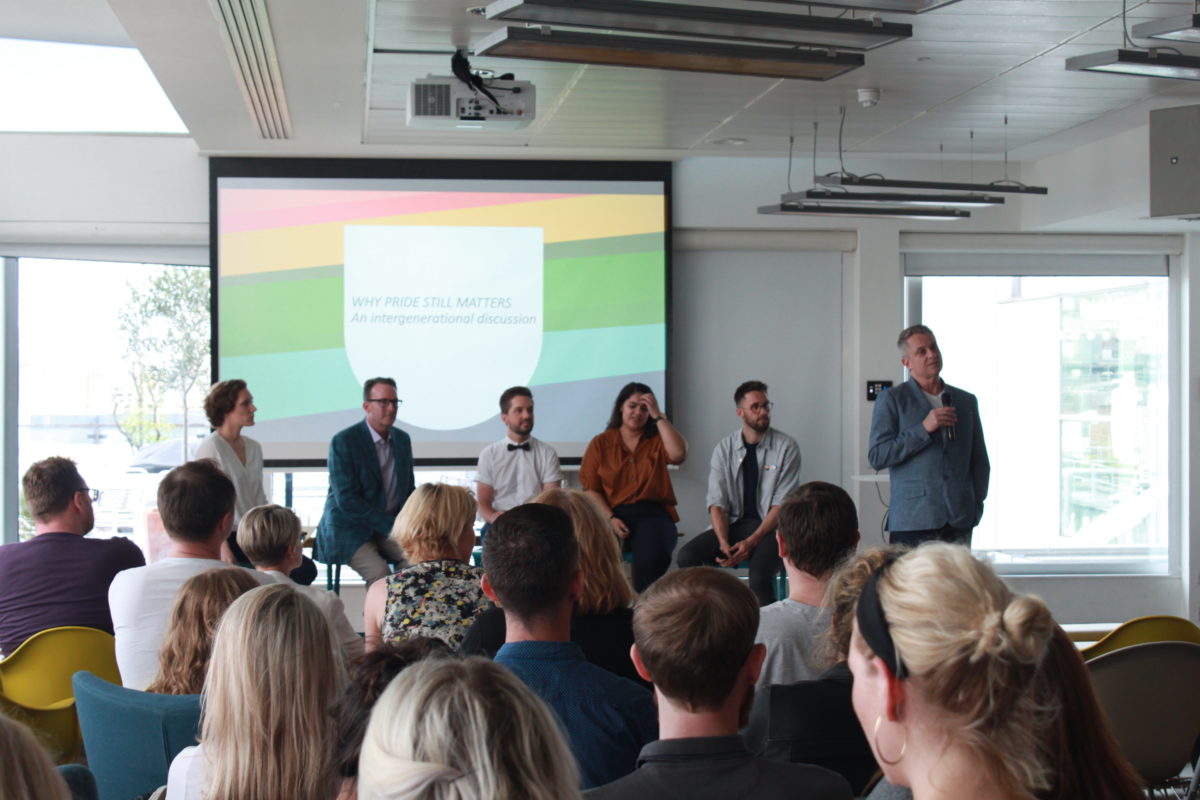As one of the industry’s leading B2B & Tech agencies, we have been at the forefront of driving brand reputation for over thirty years. Last week we announced further growth as we welcomed leading agency DirectionGroup into the fold. Overseeing our Pillar’s ambition is long-serving MD, & now B2B & Tech CEO, Nick Clark, who shares his outlook for the year ahead and what the Group’s latest acquisition means for the agency.
Below is an interview by the PR manager of the Unlimited Group.
The Tech & B2B Pillar has grown significantly over the last few years Nick, what’s driven this client demand?
We’ve always had a great reputation as a comms specialist agency who are equally comfortable running busy press office accounts. However, we’re also market leaders when it comes to building compelling stories for ambitious and progressive technology brands.
In recent years clients have asked us to translate this experience into more integrated comms and marketing campaigns. but they’ve also wanted us to centre these campaigns around content and make them culturally relevant.
Over time, we’ve built a team of specialists. These experts span brand development, reputation management, PR and social, content marketing, performance campaigns and sales and partner enablement. By offering specialists in an integrated, client-focused model, we can easily flex to the demands of our clients & always with a keen nose for what makes a story as our key driver.
How will DirectionGroup fit into the B2B/Technology fold alongside Nelson Bostock & First Base?
We acquired First Base a year ago to help build out our content marketing and lead generation capabilities for technology and B2B businesses. The addition of DirectionGroup enables us to add significant creative/ATL capabilities. Moreover, we can also supercharge our digital marketing and sales enablement offerings.
The three agencies will operate under our ‘connected specialists’ proposition. Together we’ll work across clients that are looking for an integrated campaign approach.
What will the addition of DirectionGroup to the B2B/Tech pillar mean for clients, and the agency’s talent?
The acquisition is hugely exciting from an internal people development point of view as well as for our clients.
One of our core values encourages our employees to be ‘ambitious’. We want everyone who works for us to own their career. This acquisition is the perfect illustration of how you can do that. If you want to remain as a PR specialist, helping brands protect and manage their reputation, that’s fine. Equally, if you want to learn new skills, maybe in digital marketing or account-based marketing, we make it easy for you to do that.
It’s simple for clients. We offer a team of specialists who work in a completely integrated structure. Therefore, we can solve individual challenges or help businesses meet more complicated business objectives.
What are shaping up to be the key trends in the Tech & B2B sector in 2019?
B2B marketing is complex, that’s not going to change. And with the ever-evolving media and digital marketing landscape, change in customer needs and advancements in marketing tech, a Marketing Director’s role is never going to be easier than it is today, implying that it’s only getting more difficult.
The term ‘business transformation’ has become obsolete. Because the concept of transformation has become a constant state for modern-day brands. As agencies, we’re mirroring what our clients’ technologies are delivering for their clients – flexibility, connectivity and improved return on investment. Therefore, this agility and commitment to business evolution is something that needs to be present across our talent, and the way we solve business problems for our clients.
As technology around voice search and interface progresses, we’re seeing even greater emphasis placed on personalization at every touchpoint. Because brands are given so much access to customer data, there is now a huge opportunity to provide an end to end personalised experience for customers.
It’s our job as agencies to make these things simple. Simplicity is what we offer our clients and how we help our clients communicate with their customers.










